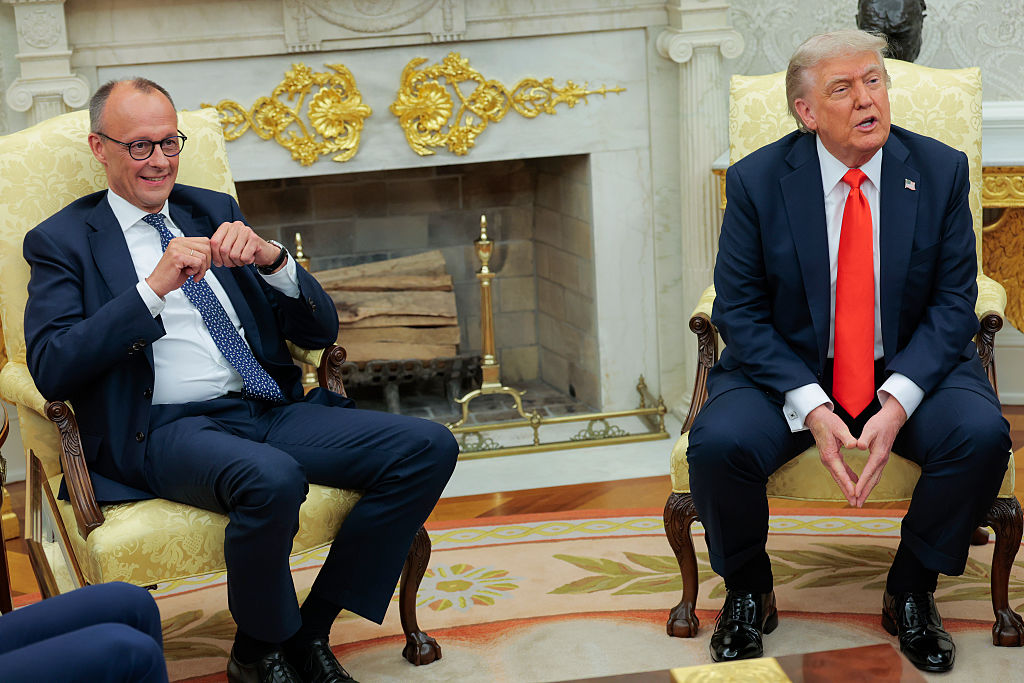Last week, Dutch Prime Minister Dick Schoof’s government resigned. As in many Western European countries, the stumbling block was immigration. Geert Wilders, leader of the anti-immigration Party for Freedom (PVV), demanded stricter measures to stem the flow of asylum seekers. He drew up a ‘ten-point plan’, but his coalition partners – the liberal VVD, the Farmers Citizens Movement (BBB) and the centrist New Social Contract (NSC) – did not agree to it. Wilders then pulled the plug on the cabinet. New parliamentary elections will be held on October 29th.
In the previous parliamentary elections on November 22nd, 2023, Wilders’ PVV became by far the largest party with 37 seats. The VVD, the party of former Prime Minister Mark Rutte, came second. It has been in power since 2010 and is now led by Dilan Yesilgöz, a politician of Kurdish origin. The BBB is known for the farmers movement that started in the Netherlands and resonated throughout Europe. NSC is a centrist party that wants to change the whole world and his wife but does not know how. The party won 20 seats in 2023 but proved to be loose sand. Polls give it only 1 seat.
Based on this result, Wilders should have become prime minister, but the other party leaders were rejective. Wilders was too extreme for them, as a close friend of Hungarian leader Viktor Orbán, and the PVV is part of the Patriots for Europe group in the European Parliament. Therefore, a prime minister from outside the party had to be appointed. That person was Dick Schoof, former head of the Dutch Security Service. In that position, he was also responsible for the security of Wilders, who knew him well. He therefore proposed Schoof. The joke of the day: ‘Schoof knows everything about everyone, but no one knows anything about Schoof’. He turned out to be an affable man, but he has the mindset of a top civil servant. He thinks bureaucratically, not politically.
This caused a rift with Wilders. Nine EU heads of government signed a letter calling for a stricter asylum policy and criticising the European Convention on Human Rights (ECHR), which, through the judges of the European Court of Human Rights in Strasbourg, impede a strict asylum policy. The ECHR dates to the Cold War era, when there was a small flow of refugees from Eastern Europe. It is not designed to cope with the current mass immigration from Africa and the Middle East. The Convention needs an update.
The initiative came from Danish Prime Minister Mette Frederiksen and Italian Prime Minister Giorgia Meloni. Belgian Prime Minister Bart De Wever also signed. But Schoof regarded it ‘a step too far’. Wilders then pulled the plug. In fact, the Netherlands had a centre-right coalition but still pursued a centre-left immigration policy. Dutch citizens feel like strangers in their own country. Some asylum seekers are even being housed on cruise ships, a place the average Dutch person cannot afford.
The pattern resembles other European countries. All Western European nations are struggling with an excessive influx of asylum seekers. Central and Eastern European countries were wise enough to prevent this. Every election in every European country is about immigration. Germany, the Netherlands, France, Italy, Scandinavian countries, Spain, Portugal. Rarely has Western Europe faced such a common problem while lacking a common, strenuous, approach. As a result, voters are protesting at the ballot box, and parties such as Alternative für Deutschland (AfD), Marine Le Pen’s Rassemblement National (RN) and countless other parties which are being transformed into leading parties.
In the Netherlands, the elections on October 29th will have a polarising, disruptive impact. After the resignation of the Schoof government, the central question is: Can Wilders score high again and which party or parties will still be willing to work with him?
There is a good chance the PVV will once again become the largest party, because not only does the influx remain too large, but displacement effects are occurring everywhere. Asylum centres are popping up all over the country. There is an acute shortage of housing for Dutch people, and foreigners who are granted residence status are making this worse. Schools are filled with children who are behind in their education. The healthcare sector is overwhelmed. The costs of immigration amount to billions of euros. So-called ‘youngsters’ (of foreign origin) are causing nuisance and crime. Ordinary Dutch people feel that the country is being occupied, and they pay the price.
The VVD had decided to exclude Wilders and his party in coalition building. The consequence of which is that the Dutch liberals will become dependent on the Left, the Greens and Social Democrats.
Both parties are currently pushing through a political merger into a new party. However, the Gaza crisis has considerably radicalised the Dutch Left. These days, the Greens rarely talk about climate change but rather about Gaza portraying Hamas as ‘freedom fighters’. In the process, they are hijacking the Dutch Social Democrats, once staunch defenders of Israel, currently being led by Frans Timmermans, former first vice-president of the European Commission. In fact, the merger is a hostile take-over. The result may well be an Islamo-socialist party drifting to the far Left and supporting more immigration from Muslim countries aiming at broadening its electoral base at home.
The exclusion of Wilders is a risky gamble. He will turn the elections into a referendum on immigration pitching himself against the Dutch establishment parties, which is precisely the same approach as Pim Fortuyn 23 years ago. Exclusion of Wilders leaves no middle ground and it will tear the electorate apart: Wilders versus establishment.





How Europe is squeezing itself in a two-front war